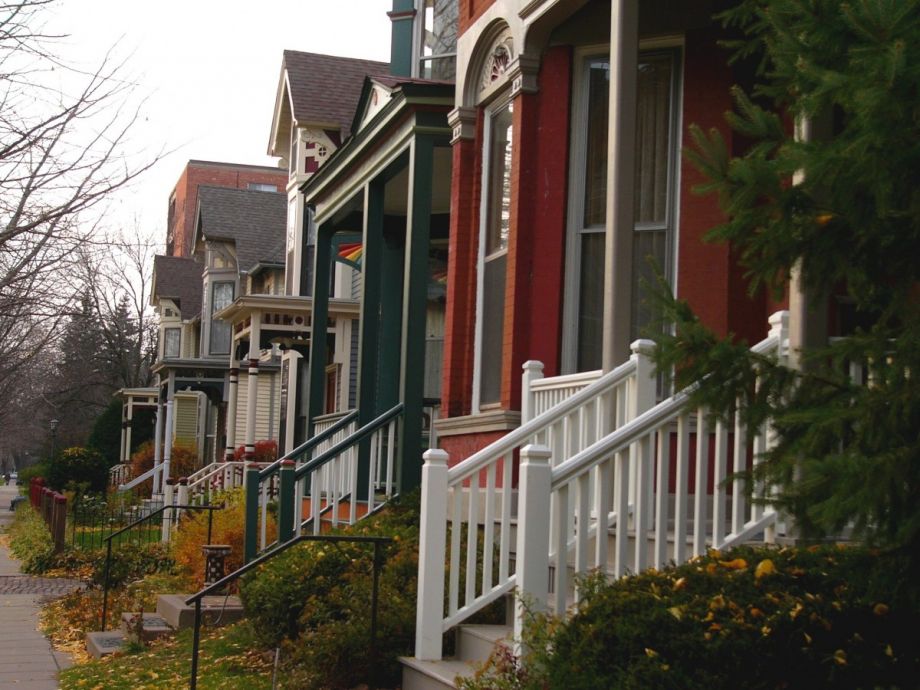Tennessee Law Criminalizing Unsheltered Homelessness Takes Effect
A Tennessee law targeting unhoused residents who sleep in public spaces took effect on July 1. The law imposes a $50 fine for camping along a highway or exit ramp. It also makes it a felony to camp on any public property by expanding a 2012 ban on camping on state-owned property. The law is one of the most strict in the nation, and a felony conviction would likely prolong homelessness of anyone having trouble finding housing. The city’s district attorney has said he will not prosecute anyone under the law, according to The Nashville Scene. But in Knoxville, police may have been so eager to charge someone under the law that they arrested an unhoused person for camping days before the law went into effect. A memo from the Tennessee General Assembly says the legislation “will not significantly increase state or local revenue,” and “will not substantially increase convictions.”
Advocates for the unhoused camped out at Riverfront Park in Nashville on the night of June 30 as the law went into effect. Many are hoping Tennessee applies for new HUD funding for unsheltered people announced last week. But there are concerns that municipalities in the state do not have robust enough data to be competitive for the grants, as The Nashville Scene reports.
Landlords Raise Utility Bills to Subvert St. Paul’s Rent Control
Last year, St. Paul, Minnesota passed a universal rent stabilization ordinance considered the strongest in the nation. It limits landlords to raising rents by 3% every year. Landlords facing higher costs can apply for larger rent increases to ensure a “reasonable return” if they can prove that their bills have gone up.
Yet a few months into the law, landlords are already getting around these rules by hiking up utility costs, according to the Minnesota Reformer. Two roommates sharing a basement unit told the Reformer that between utility increases and the legal 3% rent increase, their payments had gone up 14%, a higher jump than they had faced in a decade of living in the unit.
A spokesperson for the city of St. Paul told the Reformer these utility increases are not legal under the rent stabilization law. The city’s guidelines state that landlords requesting waivers of the law can not justify it with higher utility costs. But landlords appear to believe this means they can raise utilities separately. Tenants who complained to the city about utility increases last May have still not seen any action, a sign that the law’s enforcement has not been prioritized.
Aspen Pushes Back On Housing Speculation
Aspen’s city council passed a series of laws last week limiting demolition and reconstruction of homes, reforming zoning to allow for more dense housing, and limiting short-term rental permits. According to The Colorado Sun, the laws would reduce the percentage of homes in Aspen used for short-term rental by 3% and raise fees for short-term rental licenses by 15%. The rise in short-term rentals in Colorado has contributed to a shortage of housing for local workers, as houses are bought up by wealthy residents who rent them out to vacationers when they leave the city. According to The Sun, the city is also considering a separate ballot measure to impose a 13% tax on short-term rentals, which could raise $10 million a year for housing. Cities across Colorado have been dealing with the rise of short-term rentals in different ways, including offering owners up to $20,000 to convert units to long-term housing and imposing new taxes on short-term rentals.
Another ordinance passed in Aspen last week makes it easier to build triplexes and quadplexes on single-family homes and provides a streamlined process for approving new 100% affordable housing. Despite a slump, Colorado’s residential building permits have surpassed pre-pandemic levels, The Sun found. There were 4583 approved permits in the state for the month of May, compared to 3,653 in May of 2019. But that still won’t meet the demand, as the state’s population has grown by about 600,000 people in the past decade.
This article is part of Backyard, a newsletter exploring scalable solutions to make housing fairer, more affordable and more environmentally sustainable. Subscribe to our weekly Backyard newsletter.

Roshan Abraham is Next City's housing correspondent and a former Equitable Cities fellow. He is based in Queens. Follow him on Twitter at @roshantone.










